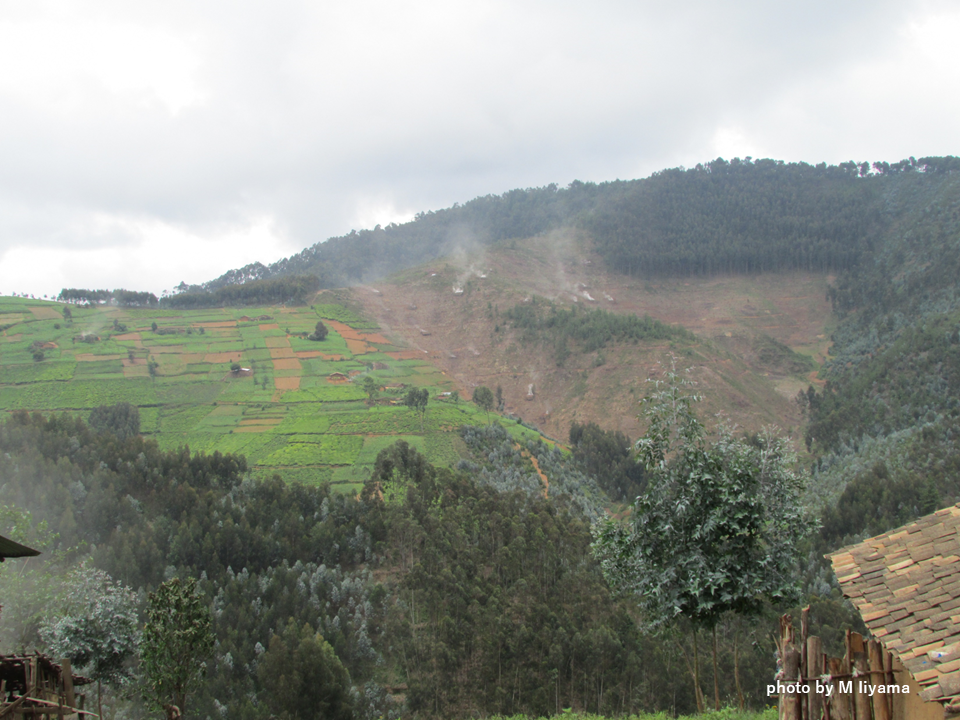Pick Up
735. Human Society’s Response to Climate Change and the Fate of Biodiversity

735. Human Society’s Response to Climate Change and the Fate of Biodiversity
An opinion article in PNAS published in February discussed the importance of understanding the impact of climate change on biodiversity through its impact on human society.
The article is based on the premise that climate change is an existential threat to humanity and biodiversity. Research is underway on the extreme vulnerability of species to direct modification of non-living conditions by climate change. On the other hand, the relationship between climate change and biodiversity is extremely complex and involves great uncertainty in predicting the actual extent of the impact through impacts on human societies, including refugee displacement, changes in agricultural production, and resource exploitation. The possible impacts of climate change disturbances on human society, demography, and economics on biodiversity have not been adequately studied. Thus, the impact of climate change on biodiversity is limited to an assessment of direct non-biological impacts, leading to an underestimation of the problem.
Climate change has not only direct impacts on biodiversity, but also impacts via human society's reactions to climate change. For example, warming may expand areas above sea level where crops are not adapted to cooler climates, and deforestation and land use may threaten mountain areas. Climate change will also affect agricultural production and freshwater availability in many regions, often bringing stress and conflict to societies, as is the case in Syria and Somalia. Conflict then destroys biological habitats, leading to over-exploitation of wildlife, forced displacement of people, and the collapse of national economies. In many regions, climate change affects food security and access to natural resources. In some regions, even "green energy" aimed at climate change mitigation can impact biodiversity through land use change.
Because of the complexity of the pathway of biodiversity impact through human response to climate change, studies on the impacts of climate change on biodiversity may be limited to the vulnerability of non-biological change species. Nevertheless, it is critical that researchers from various disciplines collaborate to assess the biodiversity impacts of climate change from multiple perspectives in light of its interactions with human society. To this end, scientists and policy makers need to increase their common understanding of biodiversity and the contributions that its conservation can make to the economy and society.
Reference
Jedediah F. Brodie and James E. M. Watson (2023) Human responses to climate change will likely determine the fate of biodiversity. PNAS February 15, 2023 120 (8) e2205512120 https://doi.org/10.1073/pnas.2205512120
Contributor: IIYAMA Miyuki (Information Program)
